Summer is the perfect time to slow down and dive deep. This reading list features new and notable titles from IBES scholars, exploring everything from environmental history and public health to climate modeling and sustainability. Each book invites readers to reflect on the world around them and the future we're shaping together.
Summer reads from IBES scholars
Recent titles that inform and inspire fresh ways of thinking about people and the planet.
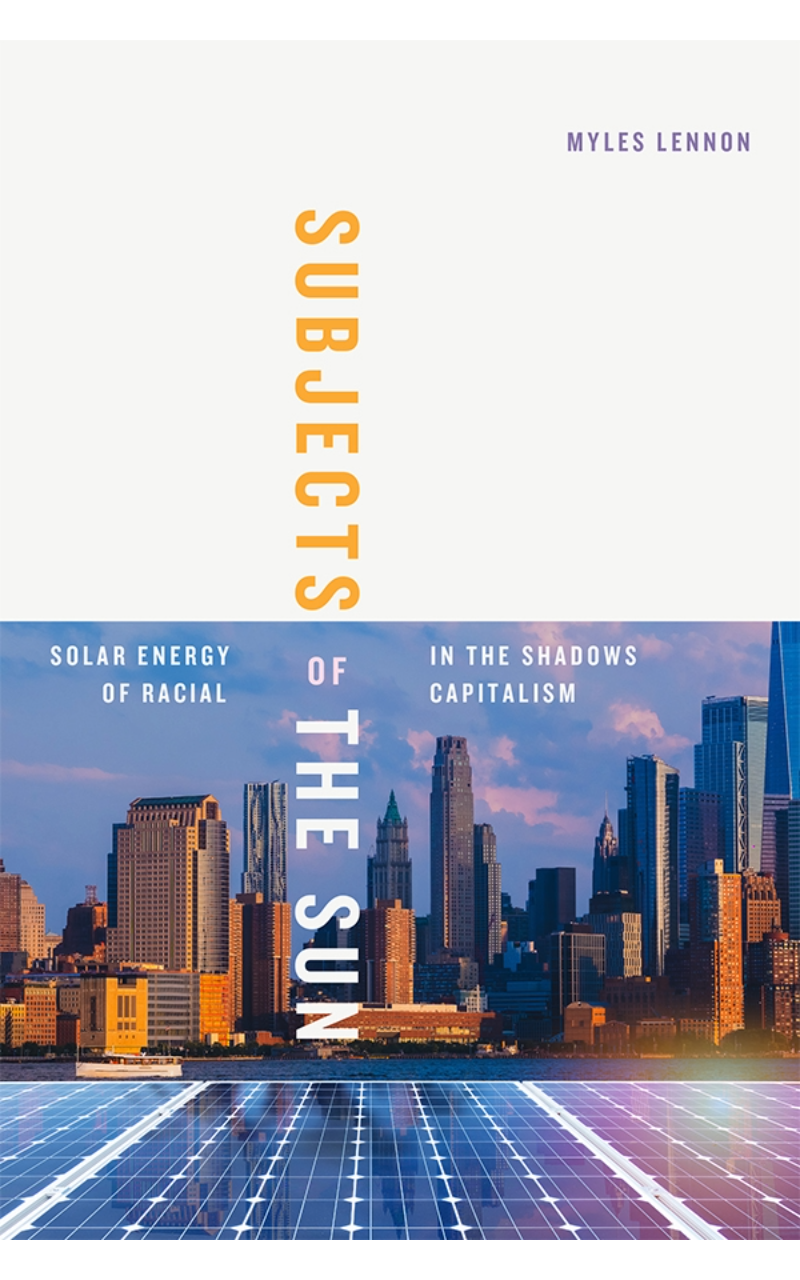 A thought-provoking read on the limits of technology alone to drive climate justice
A thought-provoking read on the limits of technology alone to drive climate justice
Subjects of the Sun: Solar Energy in the Shadows of Racial Capitalism
Myles Lennon, Assistant Professor of Environment and Society
Lennon critiques the promise of solar tech as a one-shot fix, urging solutions that address labor, equity, and material realities. Published in June 2025.
“An exquisitely crafted call to action” – Ruha Benjamin, author of Imagination: A Manifesto.
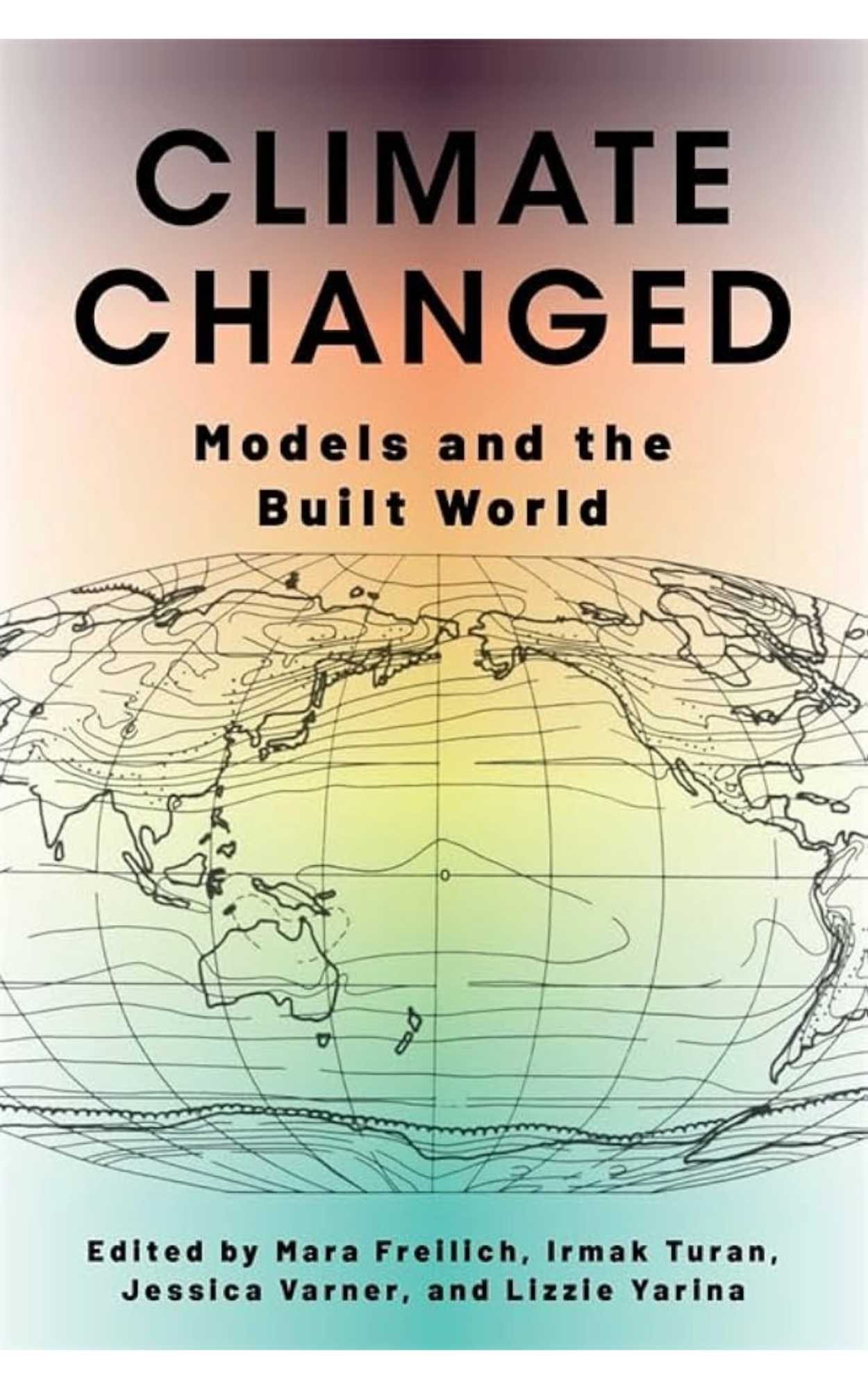 A new lens for looking at climate models
A new lens for looking at climate models
Climate Changed: Models and the Built World
Mara Freilich, Assistant Professor of Earth, Environmental, and Planetary Sciences and IBES Faculty Affiliate (editor)
How do climate models—whether they be architectural or based in atmospheric science—shape the way we understand risk? Freilich and fellow experts reveal where models excel, where bias creeps in, and how better tools can guide climate solutions. Published in July 2025.
“An innovative, insightful, and thoughtfully edited volume that should be of interest to a very broad range of scholars and practitioners” — Adam H. Sobel, author of Storm Surge: Hurricane Sandy, Our Warming Planet, and the Extreme Weather of the Past and Future.
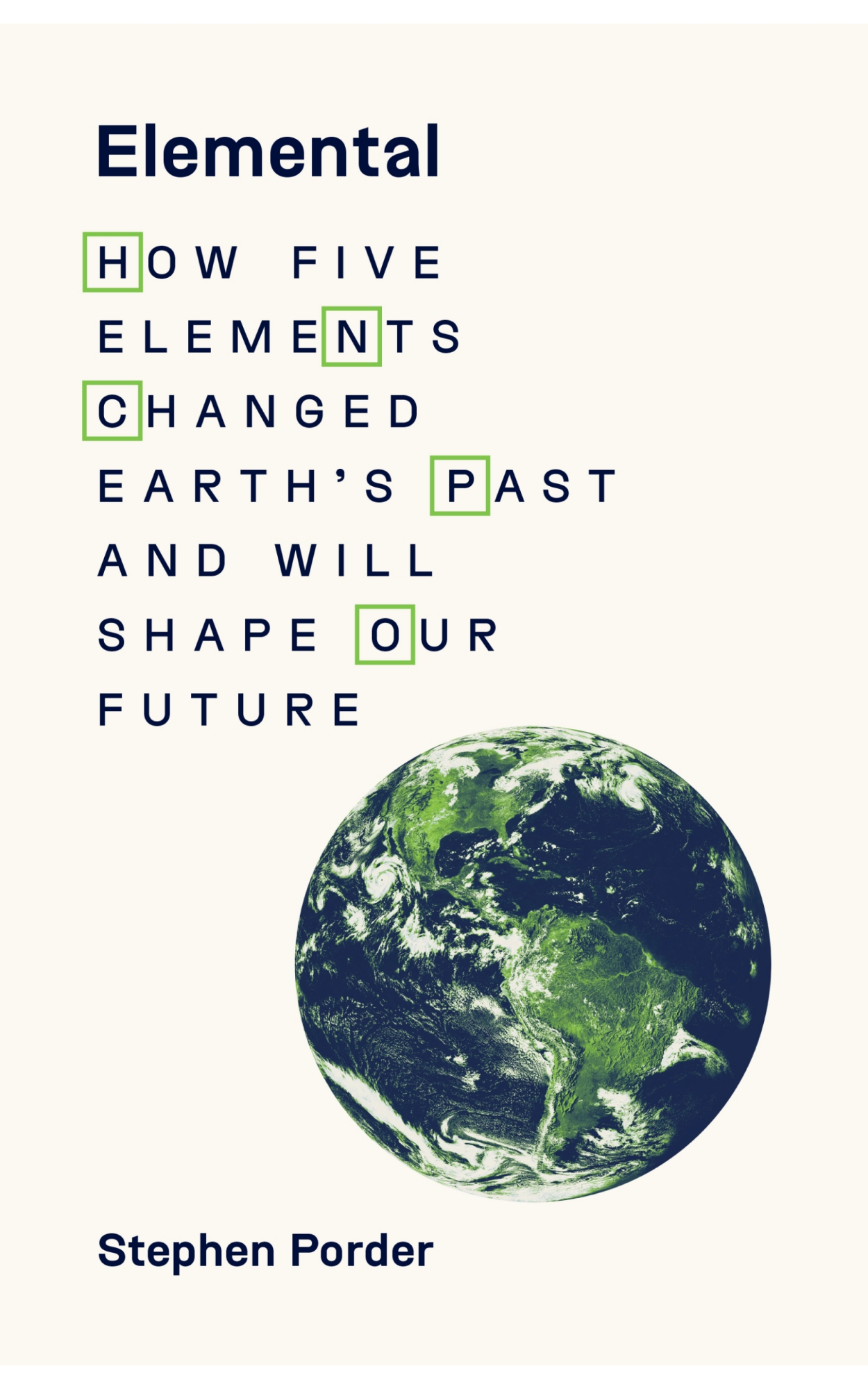 Travel across continents and millennia to see how five elements shape Earth’s past, present, and future.
Travel across continents and millennia to see how five elements shape Earth’s past, present, and future.
Elemental: How Five Elements Changed Earth’s Past and Will Shape Our Future
Stephen Porder, Professor of Ecology, Evolutionary, and Organismal Biology & Environment and Society
From hydrogen to phosphorus, from the Amazon to Hawai’i, Porder showcases how five key elements built planetary life and how mismanaging them fuels today’s crises.
“Essential reading for anyone who eats, breathes, or requires water, and a civics lesson on how we can all become better biogeochemical citizens” — Marcia Bjornerud, author of Timefulness: How Thinking like a Geologist Can Help Save the World.
![]()
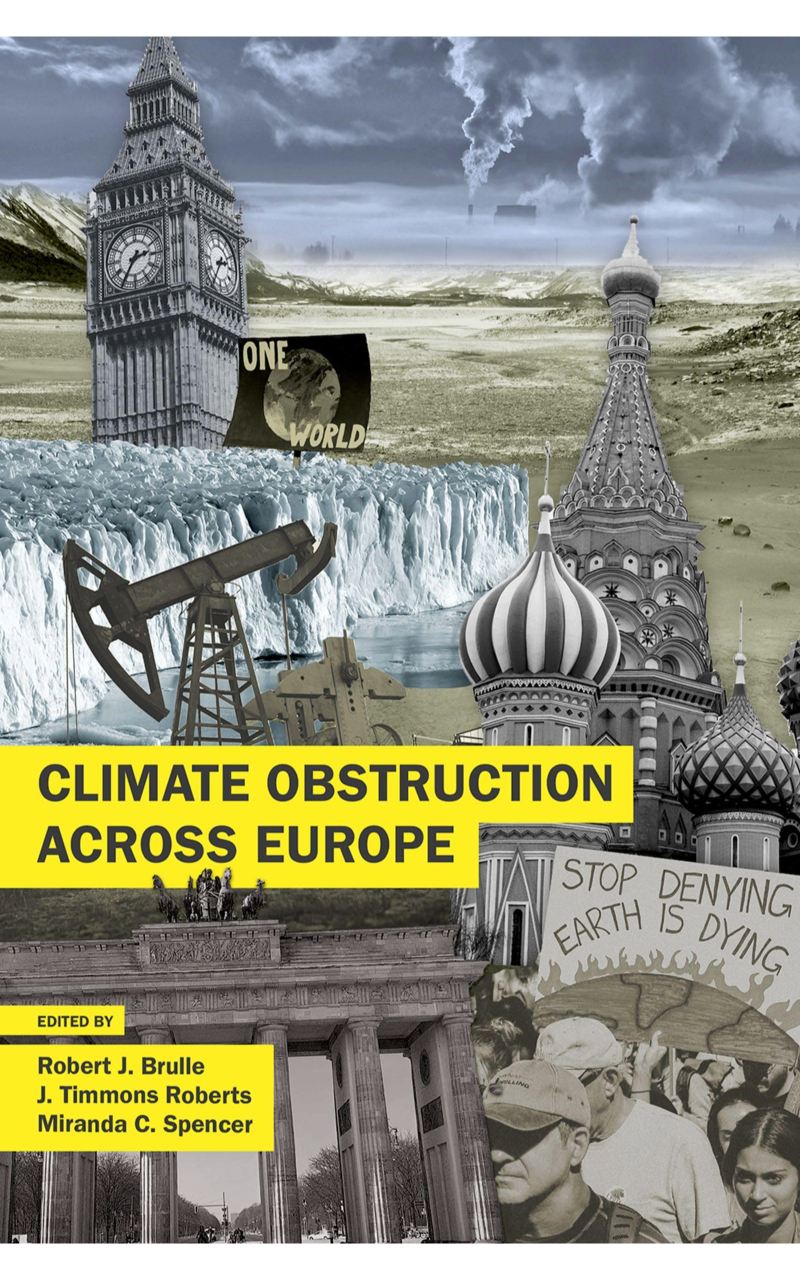 A timely primer for anyone following EU climate-policy debates
A timely primer for anyone following EU climate-policy debates
Climate Obstruction Across Europe
Timmons Roberts, Professor of Sociology & Environment and Society (editor)
Tracing efforts by corporations, foundations, and think tanks since 1980, this book explains why European greenhouse-gas policy still lags. Eleven country case studies end with ten lessons on dismantling roadblocks to progress.
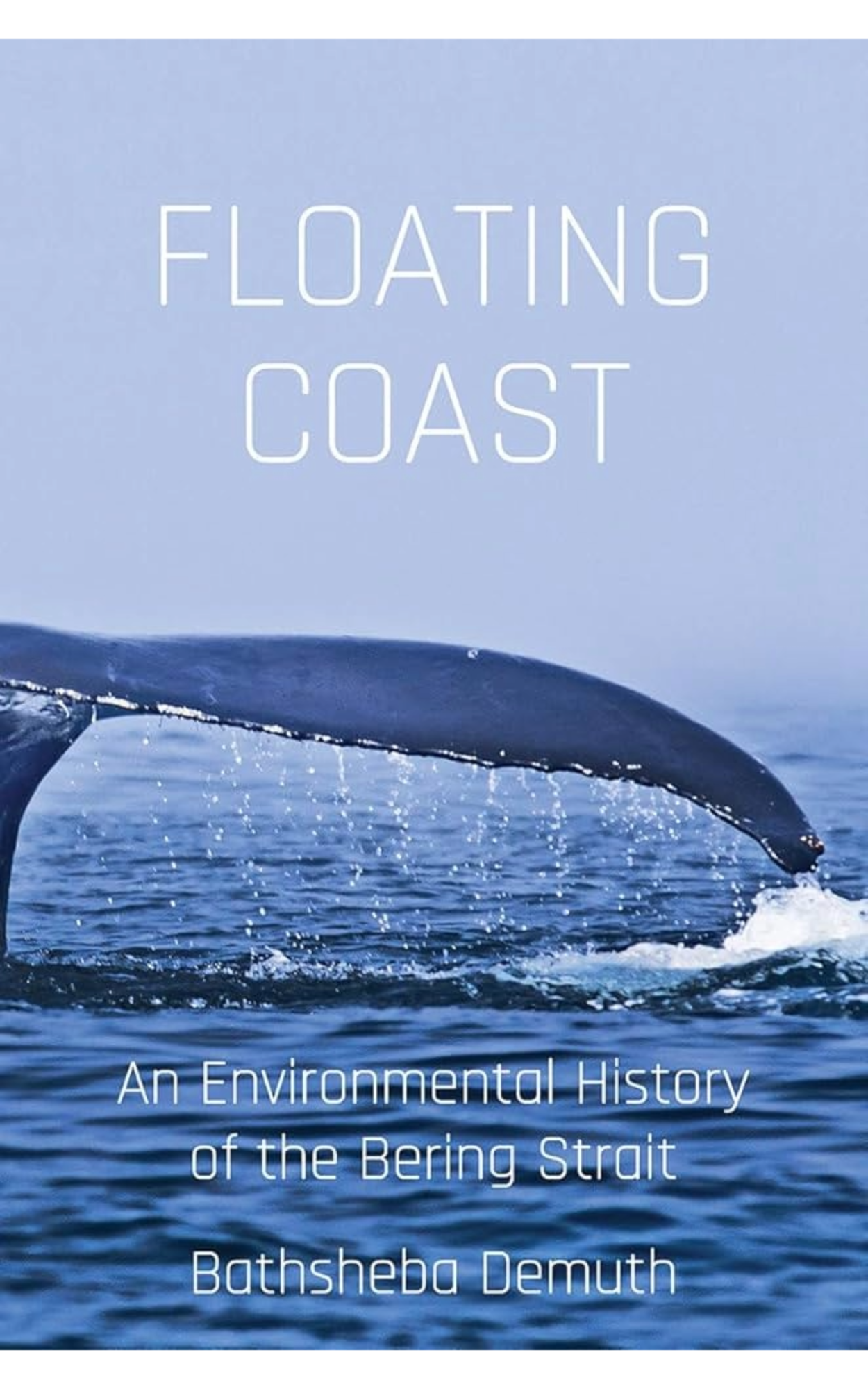 Armchair travel to a rapidly warming frontier
Armchair travel to a rapidly warming frontier
Floating Coast: An Environmental History of the Bering Strait
Bathsheba Demuth, Associate Professor of History & Environment and Society
Demuth’s first book — and the first comprehensive environmental history of the Beringia region — examines how capitalism, communism, and Indigenous lifeways shaped the Arctic rim.
Named a Best Book of the Year by Nature, NPR, Library Journal, and Kirkus Reviews.
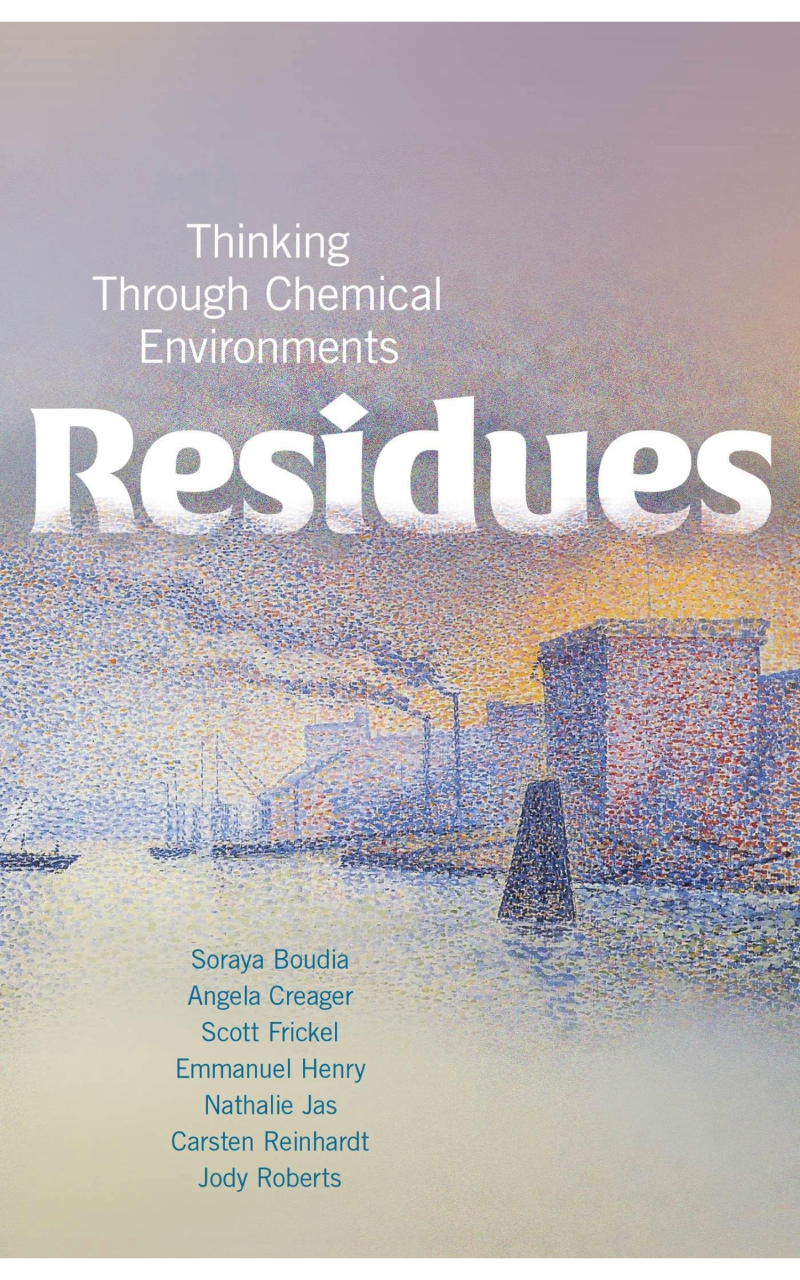 A concise wake-up call on forever chemicals
A concise wake-up call on forever chemicals
Residues: Thinking Through Chemical Environments
Scott Frickel, Professor of Sociology & Environment and Society
Collaboratively authored by seven interdisciplinary scholars, Residues reveals how hazardous chemicals slip past regulation and linger in communities long after production stops.
Winner of the 2023 Merton Award from the Science, Knowledge, and Technology section of the American Sociological Association.
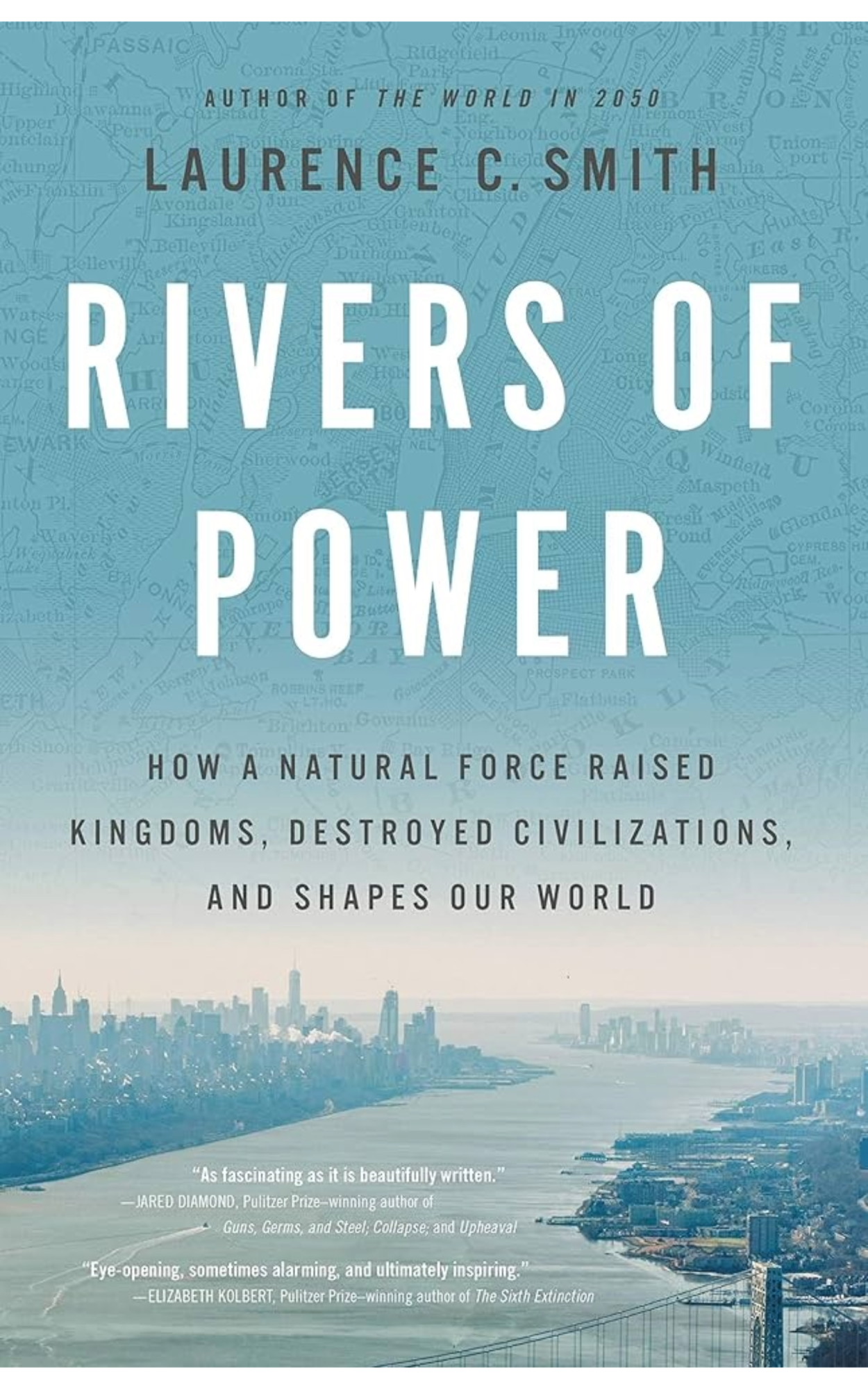 Gain a new appreciation for the water in our world
Gain a new appreciation for the water in our world
Rivers of Power: How a Natural Force Raised Kingdoms, Destroyed Civilizations, and Shapes Our World
Laurence C. Smith, Professor of Earth, Environmental, and Planetary Sciences & Environment and Society
From borders to trade routes, rivers have played a vital role in human history. Smith combines geological and political approaches to argue for protecting the waterways that sustain us.
“Fascinating, eye-opening, sometimes alarming, and ultimately inspiring” — Elizabeth Kolbert, Pulitzer Prize-winning author of The Sixth Extinction.
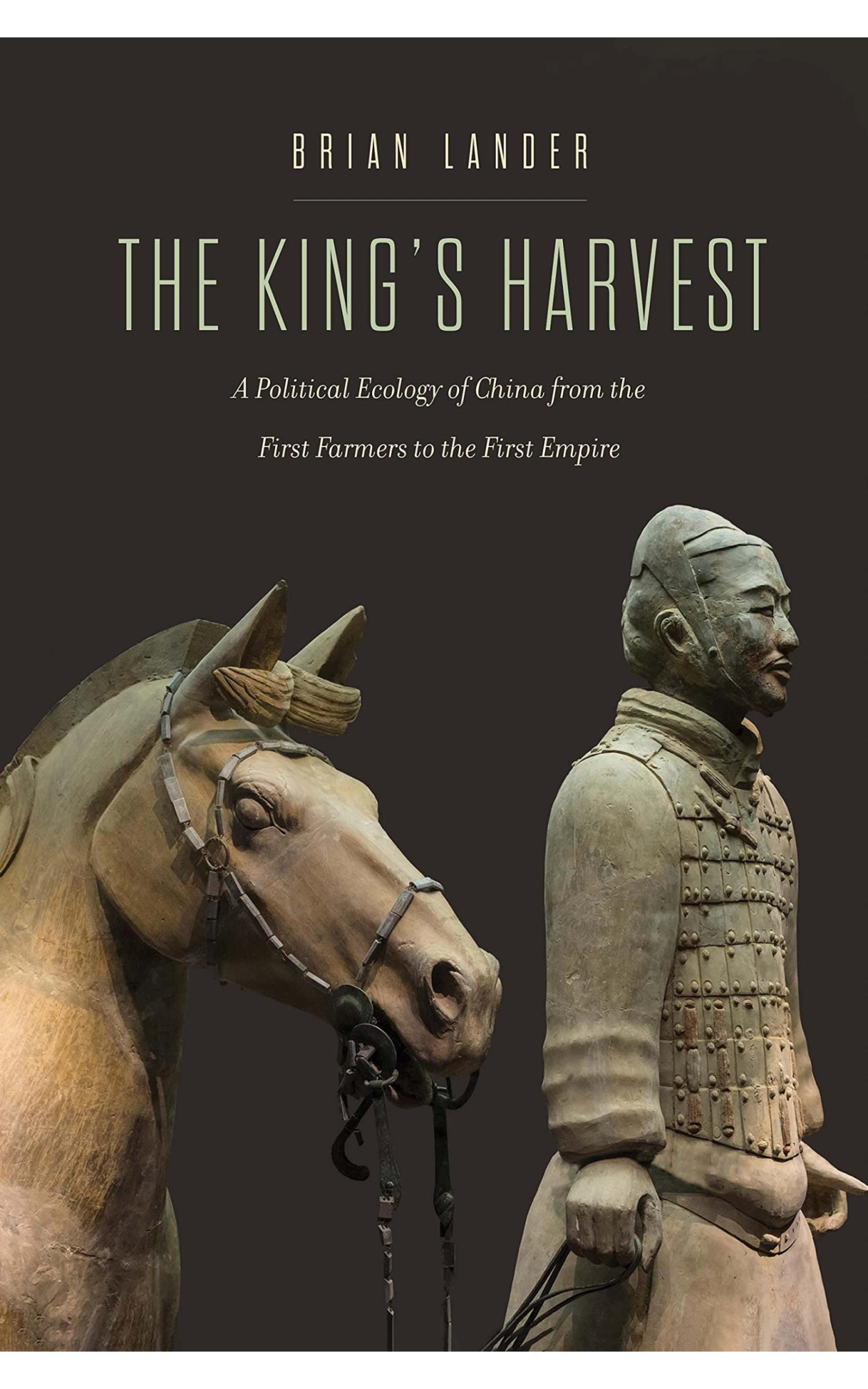 An environmental twist on China’s early rise
An environmental twist on China’s early rise
The King’s Harvest: A Political Ecology of China from the First Farmers to the First Empire
Brian Lander, Associate Professor of History & Environment and Society
Drawing upon archaeological records and ancient texts, Lander shows how environmental management underpinned China’s earliest state power.
“A richly detailed, engaging, and eminently readable masterpiece of environmental history” — Rowan Flad, coauthor of Ancient Central China.
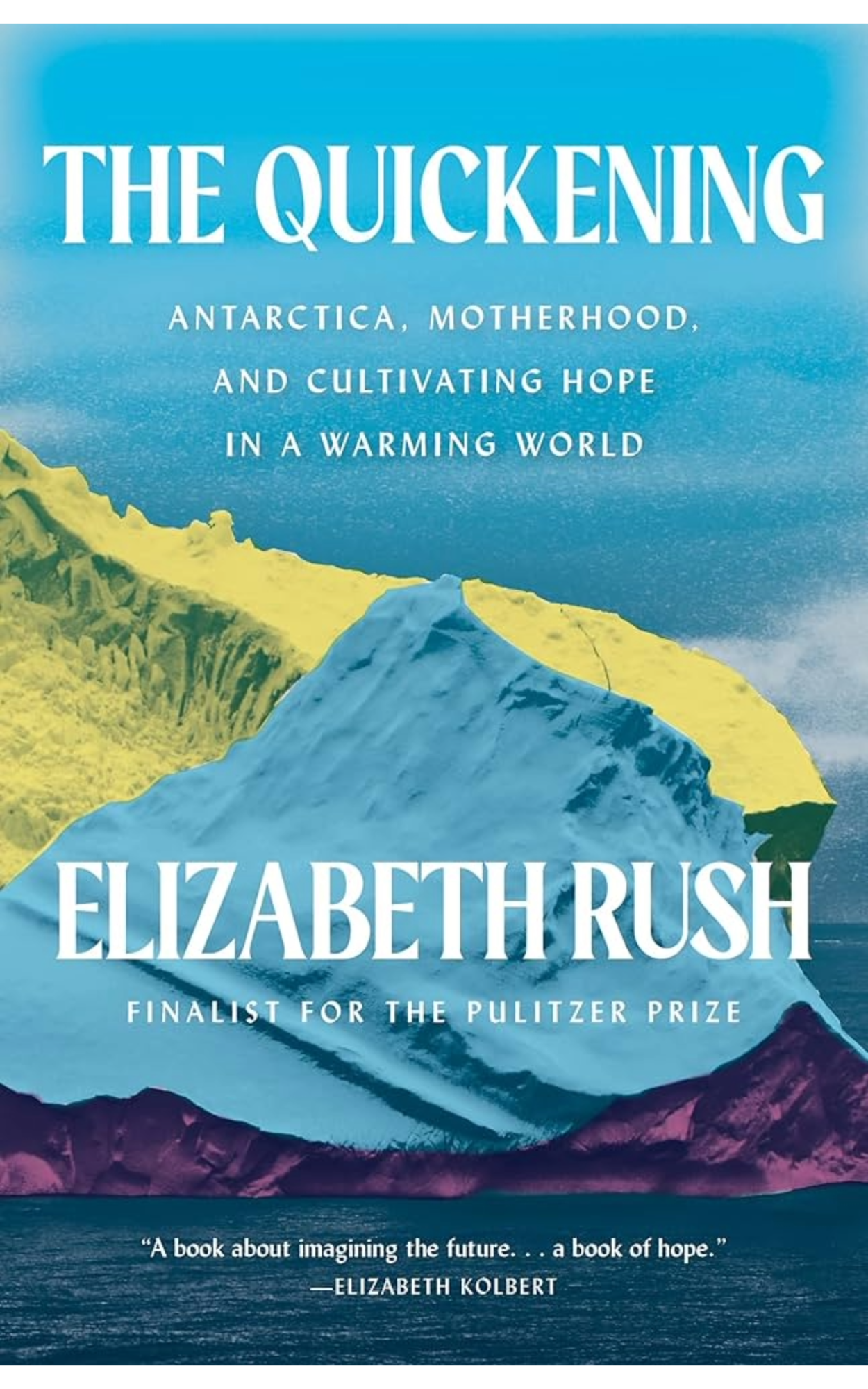 A moving account of melting ice and the emotional weight of raising a child in the Anthropocene
A moving account of melting ice and the emotional weight of raising a child in the Anthropocene
The Quickening: Antarctica, Motherhood, and Cultivating Hope in a Warming World
Elizabeth Rush, Assistant Professor of the Practice in English & IBES Faculty Fellow
A voyage to Antarctica’s Thwaites Glacier prompts reflections on parenting amid climate change.
An NPR Best Book of the Year; 2025 National Endowment for the Arts Big Reads Selection; National Geographic Best Travel Book; and Winner of the CLMP Firecracker Award in Creative Nonfiction.
Coming soon...
Professor Scott Frickel is coauthor of “Science and Inequality: A Political Sociology,” hitting shelves in September 2025.